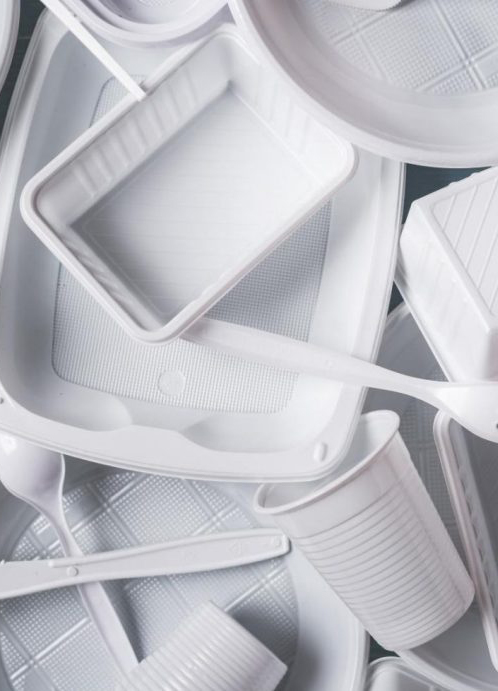Plastic Materials and Food Safety
Plastic materials play an important role among products that come into direct contact with food. The EC Regulation (No. 1935/2004) and the Turkish Food Codex Regulation on Plastic Materials and Articles Intended to Come into Contact with Food (Regulation No: 2019/44) establish the necessary regulations and conditions for plastic products to come into contact with food.
The EU Regulation 10/2011, which came into force on May 1, 2011, highlighted various specific requirements for plastic materials and objects intended for food contact. The plastic regulation defines the scope of substances that can be used in production (monomers, additives, processing aids, etc.), compliance testing, and the process for issuing a Declaration of Conformity.
Characteristics Required in Plastic Materials:
- The correct and safe identification of substances and components used in the production of food-grade plastic materials.
- Ensuring through compliance tests that plastics possess characteristics that do not harm food.
- Meeting specific limits for migration boundaries and residue content in plastic materials that come into contact with food.
Oxigen Analytical Laboratory offers comprehensive analyses to evaluate the compliance of plastic materials with food contact products according to the EC Regulation and the Turkish Food Codex Regulation. These analyses include the appropriate use of monomers, additives, and processing aids, as well as compliance with specific requirements.


Oxigen Analytical Laboratory Services:
- Tests for food contact suitability of plastic materials.
- Compliance checks with EC Regulation (No.) 1935/2004 and the Turkish Food Codex Regulation.
- Detailed analyses determining the food suitability of plastics according to EU Regulation 10/2011.
Have your plastic materials analyzed immediately to ensure they comply with food safety standards. For detailed information and service requests, please contact us.
